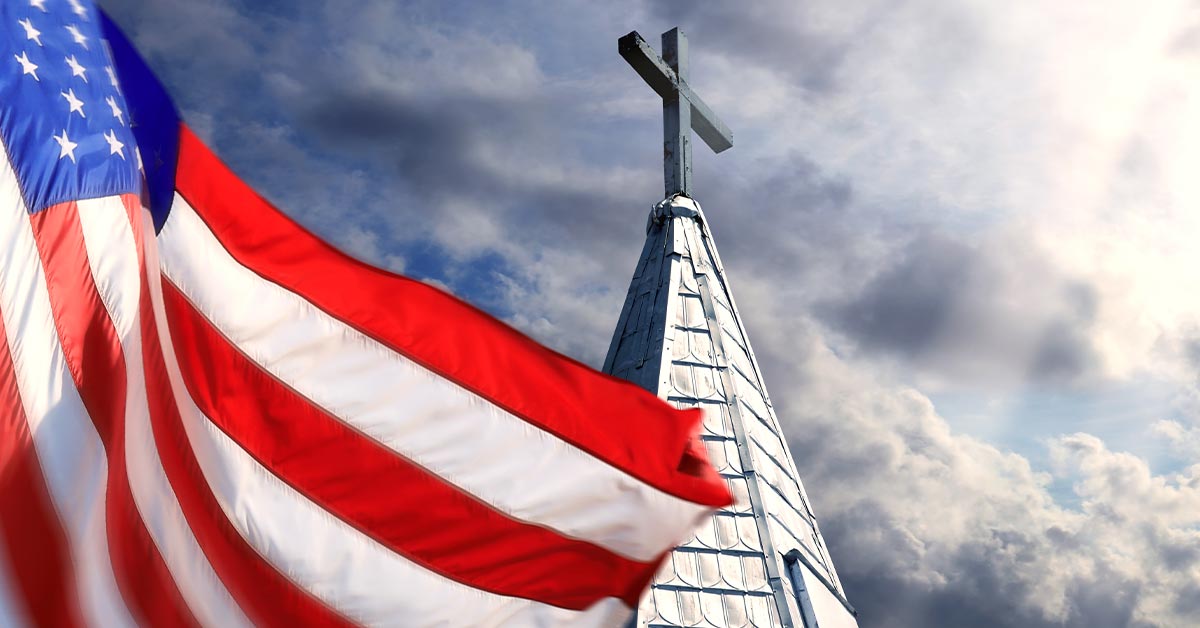Everything else being equal, the more religious the individual in the U.S. today, the higher the probability that the individual identifies with or leans toward the Republican party. I called this the “R and R rule” in my 2012 book on religion, found the phenomenon alive and well in my 2014 review of Gallup data, and now, nine years later, Gallup’s data confirm that this religiosity gap is more evident than ever.
Americans’ political identity is a powerful correlate of a wide range of Americans’ attitudes and behaviors, including, in particular, a wide range of attitudes about hot-button political and social issues. And we know that political identity is related to views of the national economy, views of the nation’s institutions, happiness, perceptions of the nation’s most important problems, and a variety of other measures. It is thus not surprising that political identity would also be related to religion.
…



There us a strong divide between Orthodox Catholics and Liberal Catholics to the point the extreme Orthodox are pushing the Liberals out of the religion. People are leaving because they don’t agree politically with what their Diocese is saying, especially on Family Planning. Even myself argued with the Diocese over such issues originally put in place after the black plague ravaged the human population.